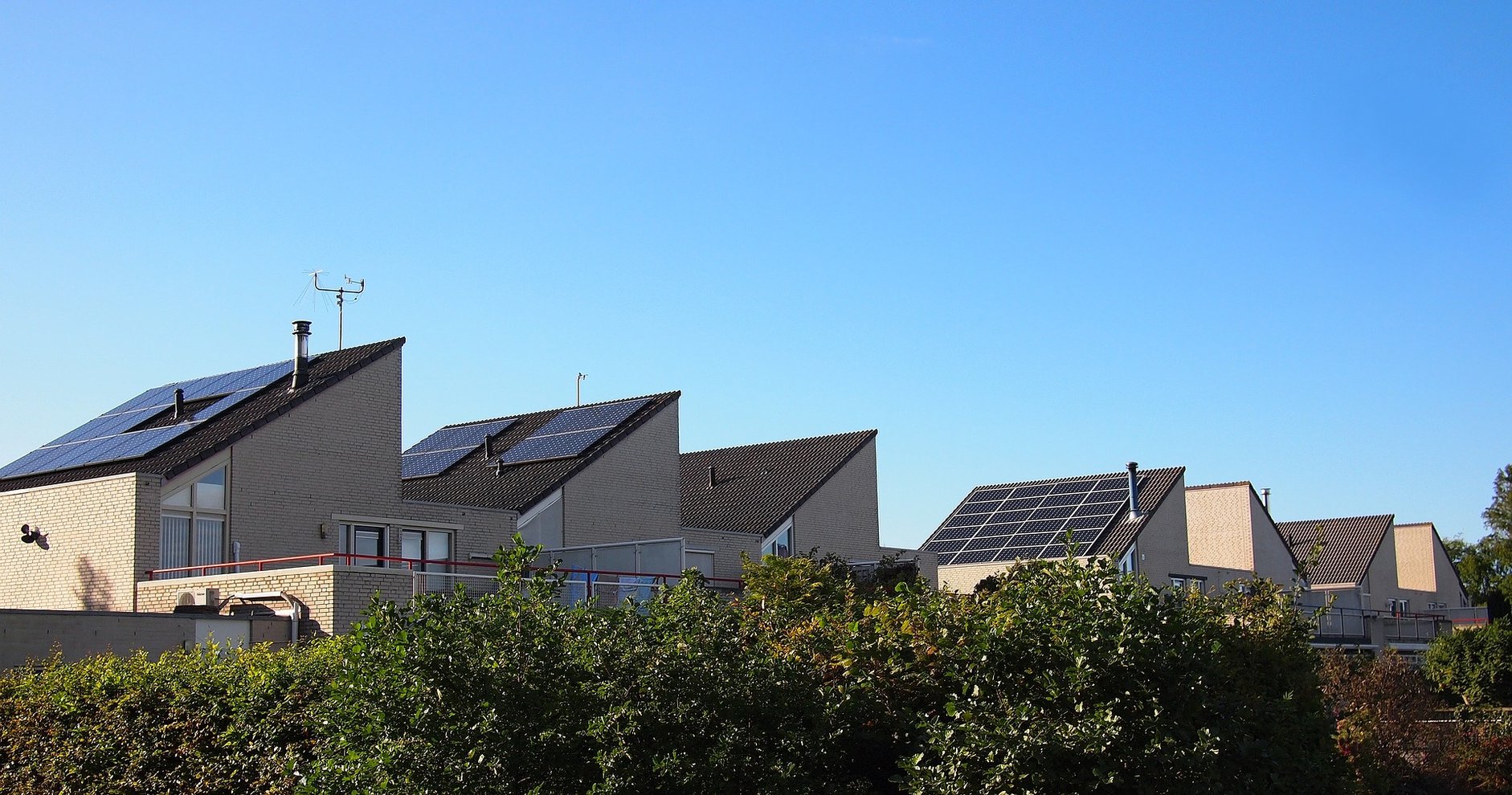With more and more homeowners wanting to "go green" and California's solar panel requirement for new homes set to take effect in 2020, many in the mortgage industry have been working to figure out how solar panels impact home values. As with most elements to consider in real estate valuation, it is not a cut and dry dollar for dollar value. Some of the key items an appraiser must consider are if the panels are leased, owned, or financed, what is the typical buyer motivation, cost vs. savings, and of course the expected life of the technology.
What may be the biggest of those items to consider is if the solar panels are leased, owned, or financed. As explained in this video from Fannie Mae, if the solar panels are leased or financed separately from the mortgage, then they are automatically considered personal property and cannot be included in the value opinion. Most solar financing contracts have a clause that states that the panels are the collateral for that specific and separate loan from the mortgage and can be removed if that loan goes into default. They also often state that if they are financed separately, the owner can take no action to make them real property. Most often the finance company for the panels will file a UCC filing against the panels to protect their interest. If they are owned or financed as part of the mortgage, then the appraiser can move on to other key factors to assign value.

Just as with pools, whole home water purification, and other "add-ons", typical buyer motivation must be considered. There are two main reasons why buyers purchase solar panels. First is the cost savings, second is to diminish their carbon footprint. When it comes to cost savings, the actual cost of power, and how much the panels can produce are the two most prominent. The price of traditional electricity in some areas is still relatively low and due to their location, the number of fully sunny days, number of trees around, etc. the panels are limited in the amount of power they can produce for the average home. These outside factors diminish the return on investment for the panels. For example, a pool in a region that has ten months or more of warm weather has greater buyer motivation than a pool in a region that has several months of winter.
Carbon footprint is more important to buyers in some areas than others. Some parts of the country haven't broadly adopted "Going Green" or actively reducing their carbon footprint in their personal lives. In those areas, environmental impact doesn't have the same effect on the majority of buyers as it does in more environmentally conscious regions. Even if someone does want to reduce their carbon footprint, effective solar panels can cost up to $20,000 or more. Most financing terms are for 20 years. That is a high cost for that long of financing that you may or may not be able to pass to the next owner.
One of the other factors to consider is technology degradation. Over the past ten years, there have been large leaps in the efficiency of the panels, batteries, etc. If a home has solar panels circa 1990, they don't have the same technology and will be generally less useful or efficient as newer models. With California set to require solar on all new homes starting next year, this will attract more companies into the technology side of the market, and I anticipate that the technology is going to grow by leaps and bounds. As the older equipment becomes outdated, the value of that equipment is significantly reduced.
There are several factors to consider when purchasing, appraising or lending on a property with solar panels. With continued efforts to improve solar technology and make it more accessible to the average homeowner, solar and other alternative energy sources will become more and more a part of everyday life, but it will take time and changing the minds of the typical buyer. Until then, be mindful of the various factors when you find yourself appraising or lending on a home with solar panels.
Disclaimer
The content within this article is for informational purposes only, no warranties or representations are contained herein. It is not intended to provide legal advice.
